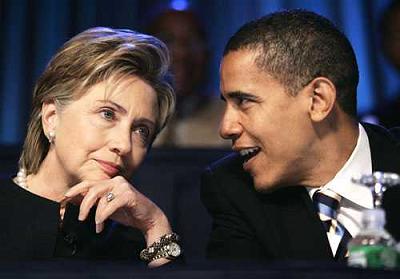Sunday Times Rich List defies credit crunch
Telegraph | Apr 28, 2008
By Rob Davies
Britain’s super-rich are getting even richer, adding nearly £53
billion to their collective wealth last year.
Despite the worsening economic climate, Britain’s billionaires have continued to prosper, according to the Sunday Times Rich List.
The collective worth of the 1,000 wealthiest people in the country stands at more than £412.8 billion, up 14.7 per cent on last year, at a time when the credit crunch is forcing families and people on low incomes to cut their spending.
At the top of the list for the fourth year is Lakshmi Mittal, the 57-year-old Indian steel magnate, whose wealth increased 44 per cent to £27.7 billion.
Foreign-born businessmen, including Mr Mittal and Roman Abramovich, the Russian owner of Chelsea Football Club, make up seven of the top 10.
The Russian oil and industry magnate saw his fortune increase from £10.8 billion to £11.7 billion this year.
Forty of Britain’s 75 billionaires come from countries such as Israel, Russia and India.
A brace of new entrants figure in this year’s top 10. Alisher Usmanov, a steel and mining magnate, comes in fifth place with £5.726 billion.
One place below are Ernesto and Kirsty Bertarelli. The former Miss UK winner and her husband sit on a fortune of £5.65 billion built on pharmaceuticals. Mrs Bertarelli is the highest placed of the 94 women in the list.
Overall, Britain’s wealthiest have prospered, continuing a trend which has seen the wealth of the richest 1,000 increase by 317 per cent since 1997.
It comes as the rest of Britain faces a worsening financial situation.
More than four out of 10 people believe they will be worse off this year as the credit crisis bites, according to a report from consumer group Which last week.
Groceries, council tax, utility bills and mortgage payments have increased by more than the rate of inflation.
But even some stalwarts of the Rich List have seen their fortunes diminish. The Duke of Westminster remained steady in third place with £7 billion but Sir Philip Green, the Top Shop boss, saw his worth sink to £4.33 billion, while Sir Richard Branson, the Virgin boss, is down £400 million on last year, leaving him with £2.7 billion.
It was also a difficult year for budget airlines, with Sir Stelios Haji-Ioannou and family down to £812 million from last year’s £1,290 million. Ryanair has also suffered. Declan and Shane Ryan, the heirs of co-founder Tony Ryan, have sustained losses of £83 million, leaving them with assets worth £827 million.

